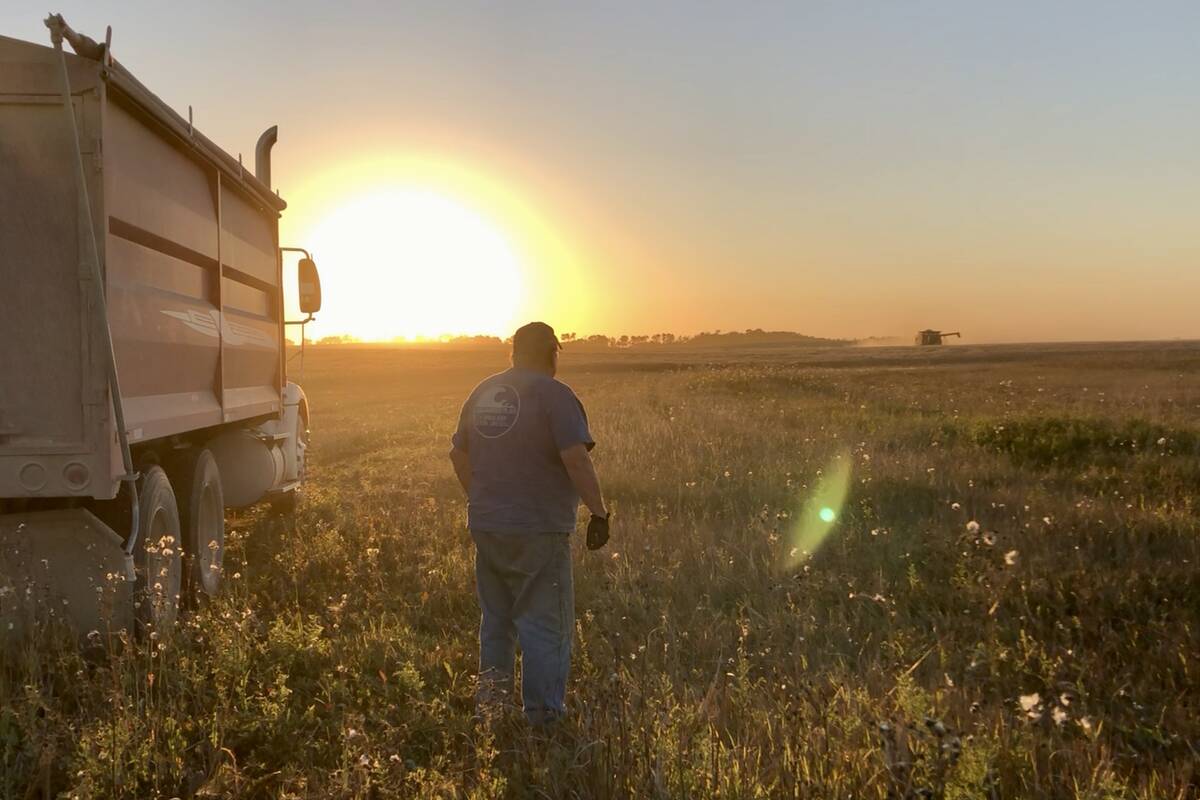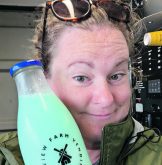Q: Our son is seeking treatment for his cocaine addiction. He has signed on for Narcotics Anonymous, picked himself a great sponsor and is attending sessions with one of the addictions counsellors at our mental health centre.
However, we are not naive. We know how overwhelming addictions can be and we know that recovery seems like a never-ending chore. We want to support and help our son but we are not too sure where to start.
A: Chances are good that your son has been introduced to the 12-step program guiding those with addictions through their process to recovery. Everyone seems to have their own favourite step in this thing but to my mind the most important step in your son’s journey is in step one. Step one says that “we admit that we (the addicts) are powerless over our addictions — that our lives have become unmanageable.”
Read Also

VIDEO: Bittersweet harvest for this family farmhand
Bruce Burnett helps his brother harvest wheat and canola for the last time on the family farm in Manitoba where they both grew up.
As long as your son recognizes and accepts how powerful his addictions are, he has a good chance of making his way through to a life of love and peace. But that is not as easy as it appears.
Often those in recovery forget how overwhelming their cravings can be and once they do, they are again vulnerable. At times they might forget how demanding their addictions have been and they tell themselves they can handle one more go at it.
Of course, they can’t and they find themselves back into their habits again.
The other possibility is that they might find themselves discouraged, thinking that the recovery is taking much longer than they expected. They give up and they go back to their drugs. But if they stick to the precepts of the first step in the 12-step program, admitting how powerless they are over their addictions, their chances for recovery are better.
If you are going to help your son you need to prepare yourself. The first thing to know is that many people on the road to recovery relapse. No one wants them to relapse and they themselves get really discouraged if they do, but always remember that relapse is not the end of the world. They relapse, they recover again, dust themselves off, and give their recovery another try.
Somewhere along the way, chances are good that their recovery will be successful.
The second thing to know is the significance of the first step. Addictions are not kids’ stuff. They are overwhelming and powerful. You cannot do your son’s recovery for him. But you can empathize and sympathize with him and let him know that you understand and appreciate how difficult is the task.
That support is powerful and it just might encourage him when he is struggling the hardest.
Jacklin Andrews is a family counsellor from Saskatchewan. Contact: jandrews@producer.com.

















